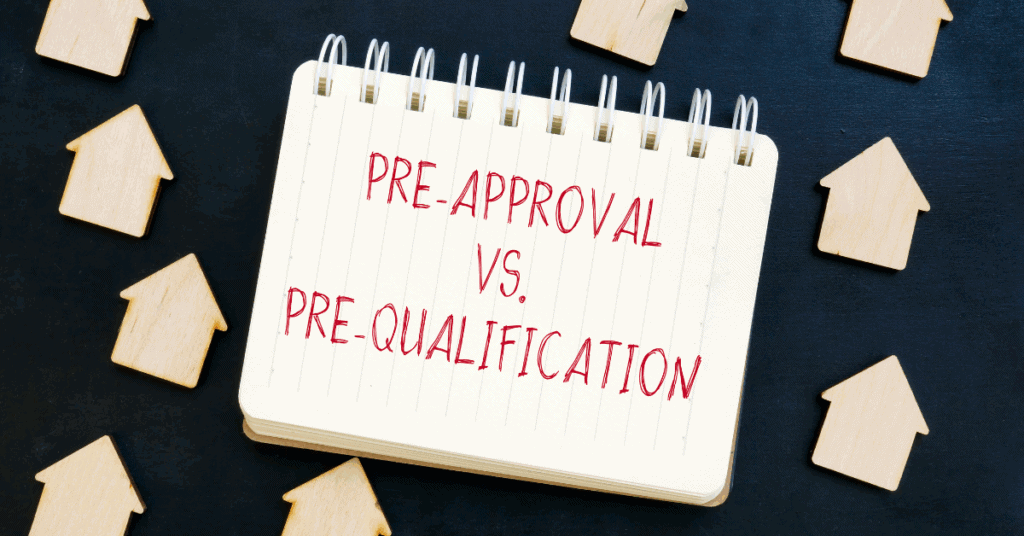Get Expert Financing
- Matched with investor-friendly lenders
- Fast pre-approvals-no W2s required
- Financing options fro rentals, BRRRR, STRs
- Scale your portfolio with confidence
Buying a home is one of the most significant financial decisions you’ll ever make. But if you’re a sales professional, freelancer, or entrepreneur who earns a large portion of your income through commissions, getting approved for a mortgage can seem challenging. While lenders view commission income as less predictable than a traditional salary, there are proven strategies to help you qualify with confidence.
In this article, we’ll break down how commission-based earners can navigate the mortgage process and increase their chances of approval.
Commission income can include:
Because commission earnings often fluctuate, mortgage lenders typically require more thorough documentation and a longer income history to verify stability.
Key lender concerns:
To establish a reliable income stream, most lenders require:
Tip: If you’ve recently transitioned to a commission-based role from a salaried position, you may still qualify—but expect tighter scrutiny.
Commission earners often take deductions to reduce taxable income. While great for taxes, it can hurt mortgage qualification. Lenders assess net income after deductions, not gross.
Strategy:
Need help maximizing your mortgage potential? Talk to our mortgage advisors today →
A strong credit score can offset the risks lenders associate with commission income. Aim for a FICO score of 700 or higher.
Read: How to Improve Your Credit Score Before Applying for a Mortgage →
A larger down payment (20% or more) shows commitment and lowers the lender’s risk, increasing your chances of approval.
Keep your DTI below 43% to qualify for most conventional loans. Pay off credit cards, car loans, or other debts where possible.
Having several months of reserves in a liquid account demonstrates financial resilience. Lenders may require:
Some lenders offer loan products tailored for self-employed and commission-based borrowers. These include:
Explore loan programs designed for non-traditional income earners →
In rare cases, yes—especially if you’re in the same line of work and have a documented income transition. But most lenders still prefer a full 2-year history.
Only if it’s proven to be consistent. If your income has varied significantly, they may average your lower earnings or use a conservative estimate.
Both structures can qualify. However, incorporation may require additional business documents. Lenders mainly care about consistent, documentable income.
Our advice is based on experience in the mortgage industry and we are dedicated to helping you achieve your goal of owning a home. We may receive compensation from partner banks when you view mortgage rates listed on our website.

